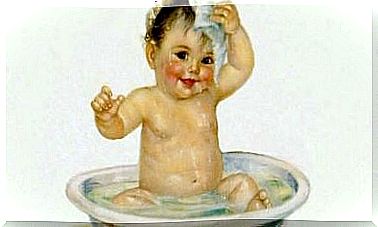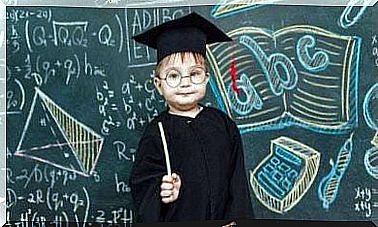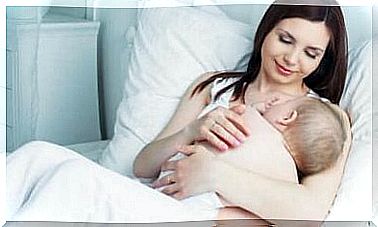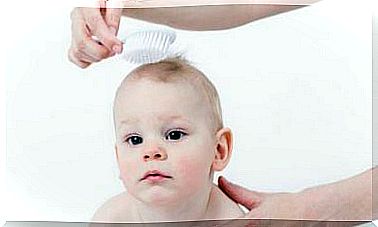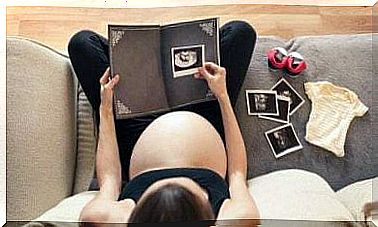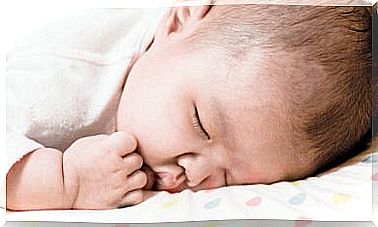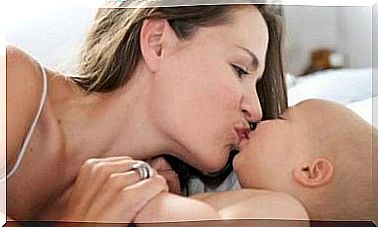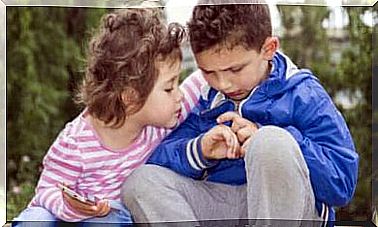Physical Punishment In Childhood Affects Adulthood
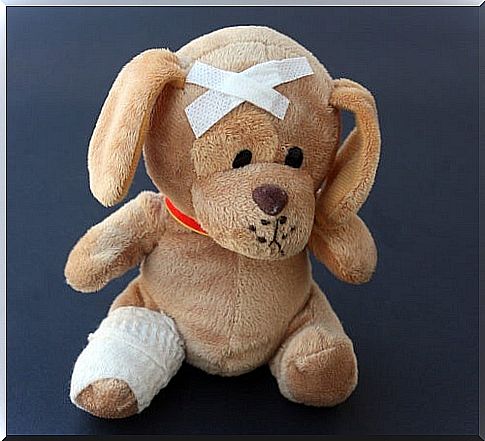
Since the doctor tells us “you will be parents” a great number of questions arise that we ask ourselves every day, given that we do not have an instruction manual on raising children. One of the most frequent mistakes we make as parents is this: physical punishment in childhood.
The way we educate our children stems from our own upbringing: it all begins with the habits we have ingrained in us since we were children. Our personality, way of thinking, outlook on life, character and psychological trauma depend on this.
Punishments are normal, from the moment our children reach an age where they reason about their good or bad attitudes. Bad behavior must be sanctioned, but not with a punishment that becomes a reason for further acts of disobedience.
We don’t have to reflect on our children the way our parents raised us
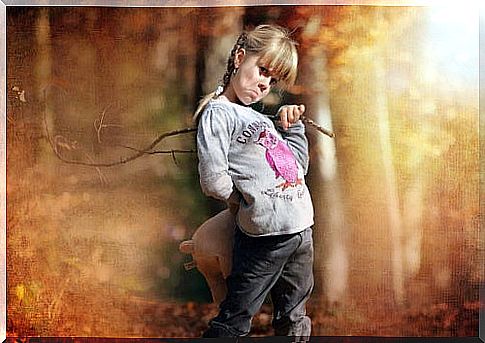
All parents have an idea of education, but not all of us adopt the same habits. We decide how, where and when. To scold, punish and teach. How? We will find out over time, many times correctly and sometimes less.
Education must be based first of all on communication and mutual respect : even if we exercise a power by being parents and adults, children deserve this same respect.
Physical Punishments: The Consequences as a Child
Every day we hear the same things from different parents: “I don’t know what to do. Do I punish him with beating? How can I make him understand respect? ”.
We find ourselves between a rock and a hard place, we see no alternatives and we spend the days playing “if you try, you get them”, “if you do it again, the consequences will be even worse than today”.
We fall into this mistake, but do we think about the consequences this is causing in children? Maybe not, and when we decide to review our way of educating them, it’s late, and the children are already going through all of this:
- They adopt violent attitudes in the face of any situation that presents itself to them, even those with their own parents.
- In the face of physical punishment, they create a wall, block any positive behavior in their mind.
- Their autonomy can collapse.
- Self-esteem gradually decreases, causing negative thoughts about themselves.
- Feelings of anger, resentment, pain and wanting to leave the house increase each time they suffer physical punishment.
- They create their own world, and from that moment the communication with the parents becomes almost nil.
- They begin to experience difficulties in integrating socially.
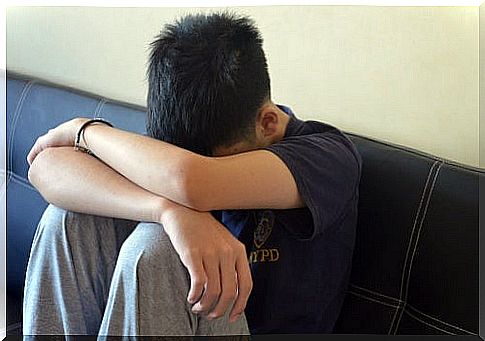
Consequences that only you, as mothers, can decide how far to go. What is certain is that the more physical punishments exist in your little one’s life, the greater the consequences in adulthood.
Physical Punishments: Adult Consequences
As parents very often we have not forgotten or accepted the way we were brought up. Will we make the same mistakes with our children? Sentimental and psychological repression will create the personality they will have in the future.
Once adults, this misconception of education creates these consequences:
- A resigned citizen has grown up and is conditioned to always be a victim
- Family ties are easier to break, many things lose their importance, violence is answered with violence
- His actions towards society are 80% violent, he cannot control his own impulses. He will live from one fight to another!
- He generates a double standard in his mind, he will do the same with his children and other children
- It hardly adapts to different situations
- Respect for his parents does not exist, or exists with a high degree of resentment
Physical punishments in childhood have repercussions on adulthood, what we are as people we owe only to the education received. But you have to make an effort to accept that, if it was tough, the best thing to do is to recover and fight to make it different today, learn from what happened and turn the consequences into virtues.
